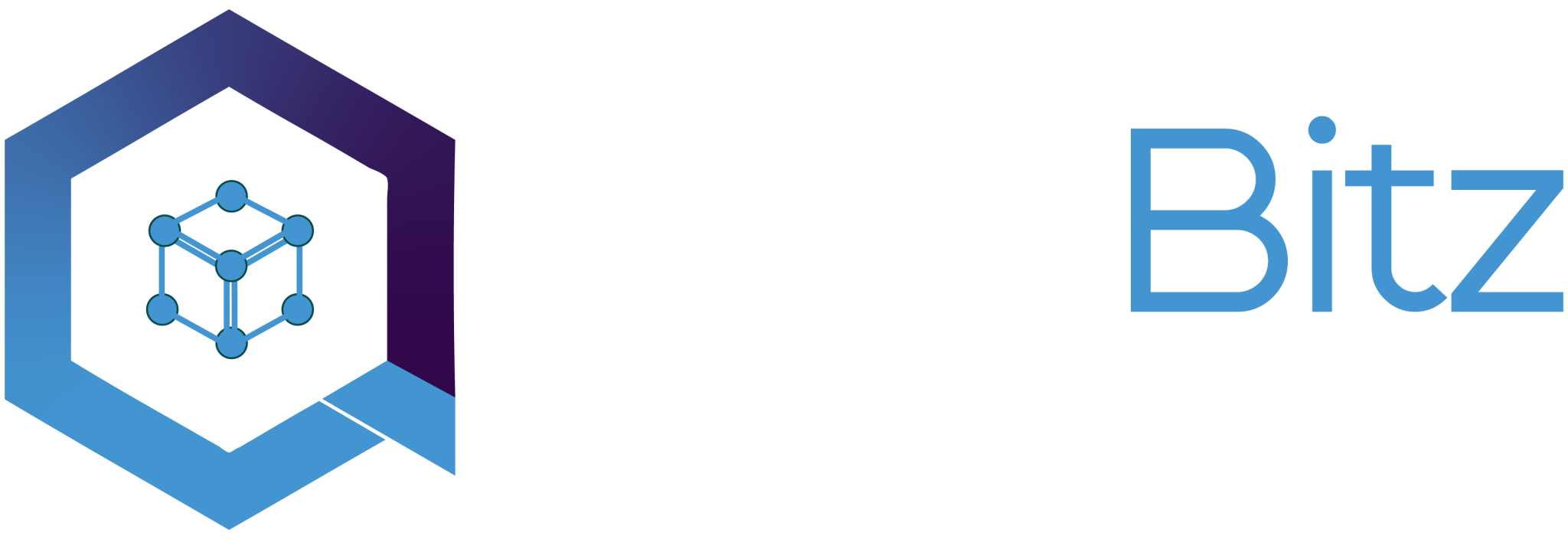What is Real Asset Tokenization? How does it work?
Tokenization is a method of dividing an asset’s ownership into digital tokens. Tokenization of real estate assets entails the creation of a virtual token that reflects ownership of a specific asset type.
Asset tokenization is the method of digitising both tangible and intangible assets and converting them into tokens that are then stored on a blockchain. One asset does not always equal one token: assets routinely break down into smaller chunks used to create several tokens.
Once the owner’s assets have been tokenized and entered the digital domain, they can be stored, exchanged, and transferred to other owners in partial or complete proportions.
Due to their increased versatility in use, tokens represent real estate related ownership in several ways. A token becomes a record with legal significance and, as a result, economic worth. Tokens can represent an equity stake in a legal organisation that owns the asset, an interest in a debt secured by the asset, a right to share in the asset’s revenue or profits, or any other variant established by the token issuer.
Everything starts with blockchain, which enables the creation and storage of tokens. The asset owner must next select a specific STO platform that allows them to digitise their assets and convert them into the desired quantity of tokens. Following this, they can start their own STO campaign, where anyone in the world can acquire tokens and invest in the asset holder’s business.
What all can be tokenized?
Tokenization allows for both fractional ownership and proof-of-ownership, thus, the possibilities are unlimited. Companies all over the world use blockchain technology to tokenize nearly anything, from traditional assets like venture capital funds, bonds, commodities, and real-estate properties to exotic assets like sports teams, and artwork.
- Asset: Any article of value that is convertible into cash is referred to as an asset.
- Equity: Equity (shares) can be tokenized, however, the assets are still stored in the digital form of security tokens in a wallet.
- Funds: An investment fund is a kind of asset that investors can tokenize, with the tokens representing the investor's stake in the fund. A token represents each investor's share of the fund.
- Services: To make revenue or do business, a corporation may sell goods or services. Tokens can be used by investors to buy products or services from the supplier.
Features of Real Asset Tokenization
Increased Transparency
Each transaction will be completed and approved by other users in the marketplace, all transactions will be transparent to the public.
Security
Investors are informed of their rights and constraints regarding the tokenized digital asset through regular updates to the blockchain, enhancing transparency and securing the real estate market as a whole.
Traceability
Through auditable records, a blockchain can verifiably maintain track of ownership status and modifications.
Immutability
In an immutable record, there can be no contradictory recordings. It means that once a transaction has been completed and recorded on the blockchain, it cannot be altered.
Time-Saving
Tokenization necessitates initial contact with local land authorities. Once the asset’s title is registered on the blockchain, no additional registration is required each time a transaction is executed because the blockchain acts as a secure database.
Increase in Liquidity
One of the primary benefits of Asset Tokenization is increased liquidity.
The adoption of asset tokenization facilitates and simplifies the contract-building process. It introduces a blockchain platform on which tokens represent private firm securities sold to participants who have been pre-vetted in areas such as approved investors with sufficient cash to bear the risk.
Improved Accessibility
Asset tokenization on the blockchain enables assets to be subdivided into the smallest possible amounts in the form of tokens, encouraging investors to purchase a small fraction of a share. It provides prospects for a wide range of investors while lowering the minimum investment period and amount.
Investment Platform
The term “trustless” is used with the Smart Contracts due to the inclusion of SThey might be sold in a single centralised marketplace as tokenized assets, making it easier for investors to locate a suitable investment. The benefit is that investors will be able to explore potential investments in different places, and sellers will be able to reach a bigger pool of buyers.
Cost-Effective
The costs of a particular real estate venture will be reduced by exchanging tokens on a blockchain network. Investors can buy and sell the digitised asset without suffering closing charges because of tokenization, which lowers transaction costs significantly.
Decentralised Location With No Middlemen
A blockchain is a public register. Keeping records elsewhere is pointless. With the introduction of Smart contracts and qualities such as immutability; tokenization has reduced the number of middlemen required in a transaction.
The Market Importance of the NFT Token Development Service
In the above setup, the NFTs are incorporated into the smart contract, thus establishing complete control of the smart contract over the NFT. This way the uniqueness and other aspects of the NFT is preserved by the Smart Contract while transferring it from one user to another.
Applications of Tokenization
From the banking sector and cryptocurrency transactions to real estate, precious metals, sports and music, tokenization has already invaded many industries. Let’s take a look at how asset tokenization is affecting each industry.
Crowdfunding and equity tokens
Equity tokens can be considered financial instruments and handled as securities in terms of regulatory standing. Equity tokens function similarly to traditional shares in that their owners own a percentage of the firm, are entitled to a piece of its revenues, and have a say in how the company’s destiny is made.
To make this investing model function, investors must first have unrestricted access to credible information regarding STOs.
Rare digital collectables Tokenization
Intellectual Property Rights Tokenization
Intrusion- Free
Tokenization of gaming assets
Real Estate Tokenization
Tokenization of Art
Tokenization of individuals
Tokenization of Gold
We can now tokenize almost anything, including works of art, gold, silver, automobiles, homes, carbon credits, sports teams, music producers, and even ourselves! The tokenization procedure, on the other hand, may appear difficult, especially to those unfamiliar with the digital crypto realm.
We are a group of professionals with vast experience in developing non-fungible tokens. We have adjustable software that allows creating terrific NFT based on your business requirements. We thoroughly investigate the token’s necessity and recommend the best market scenario at the time for such a sort of NFT in the market, and provide comprehensive solutions to our clients. We develop NFTs for all forms of artwork and digital valuables. We have completed NFT projects for our clients and are, therefore, confident in creating non-fungible tokens. Make a non-fungible token with us to profit greatly.




